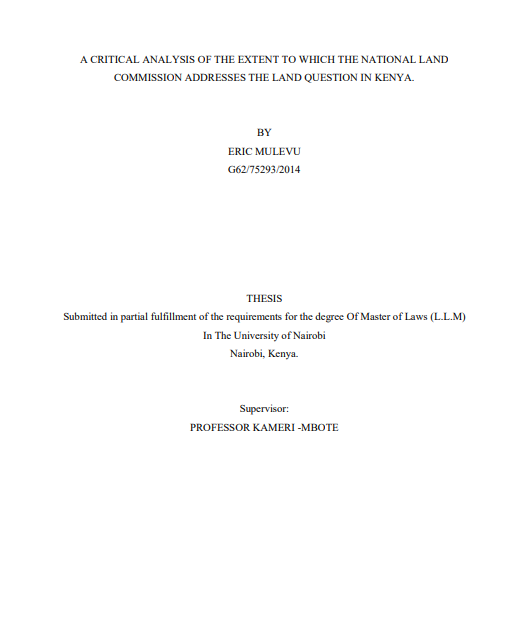Fighting for land security in Southern Africa
It has emerged quite clearly from Urban LandMark’s work in South Africa – and increasingly in the region – that the emergence of more sophisticated property markets has taken place locally and in most larger cities in the region. While there might be a need to assist these markets to develop further, in particular the need to build market institutions and professions, these groupings tend to increase their own capacities as the markets develop, mostly with little assistance.


